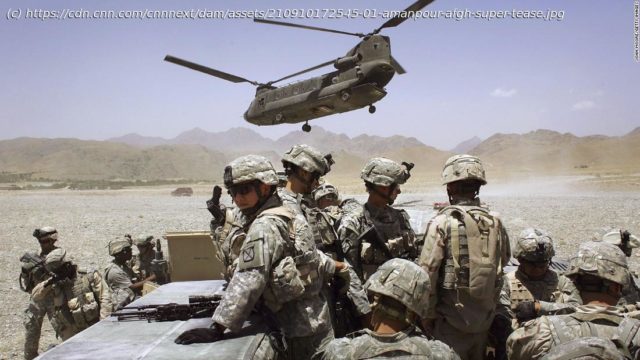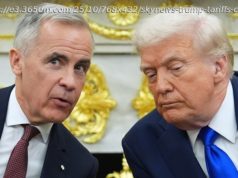On that ghastly day, September 11, 2001, I never saw what happened in real time. I was on assignment in West Africa, in the midst of Sierra Leone’s civil war. But I recall vividly as I was interviewing the hacked-up victims of the Revolutionary United Front guerrilla army — their lips, ears, limbs macheted off, their stories too awful to imagine — something big was happening on the other side of the world.
We had no mod-cons like social media alerts or even proper mobile phone connection. But my London-based producer was trying desperately to reach us, with the first news of a plane — maybe a small prop plane, maybe an accident — hitting the World Trade Center in New York. And that I should be prepared immediately to redeploy. Easier said than done in a place with no functioning airport, no scheduled flights, no live TV to monitor events. We eventually chartered a puddle-hopper out and got first to the Cote d’Ivoire Ivory Coast airport up the coast. There the full horror was now evident to see on huge screens carrying CNN live. Even the ghoulish mastermind Osama bin Laden hadn’t quite expected this amount of global disruption; he didn’t even expect the Twin Towers to fall. In the infamous video discovered by US forces after driving him out of Afghanistan, he had drawn on his engineering background, complete with hand gestures, to explain why he thought only the floors above the planes’ impact would melt and topple. So, what is the straight line that I see drawn from there to here? As others have asked, was 9/11 a day, a moment, or a whole era-defining shift in America’s understanding and vision of itself at home and abroad? Did the response to 9/11 do as much damage as the attack itself? I have concluded the answer is yes. My own question is if 20 years on this can be recalibrated, or whether bin Laden’s attack was actually the beginning of the end of American empire. On August 15, as the Taliban entered Kabul, as Afghanistan fell and brought them back full circle in charge again, I could not help but have this vivid flashback: for the second time in 32 years a bunch of misogynistic, undemocratic Afghan insurgents had defeated a superpower. On August 15, it was the United States. In 1989, it was the Soviet Union and its 10-year occupation. It brought me back to April 1996, when I first started covering Afghanistan and the total takeover by the Taliban. What I learned about the Taliban then informs everything I predict for their rule now. The Taliban official I interviewed once they had taken the capital a few months later, in November 1996 — Mohammad Abbas Stanekzai — is their deputy foreign minister today, as he was back then. I asked him, of course, about women’s rights, and he gave me the same vague non-promises as he is giving the world now. Why is this relevant today? Well for basic human rights reasons, but also to emphasize once and for all who is in this for the long haul. As even former US military officials admit today, the Taliban have been playing the long game since the US defeated them after 9/11. Some Americans are willing to acknowledge the Taliban have used the past 20 years to strategize, wait, and act. The United States, not so much. As the special inspector general for Afghanistan reconstruction, John Sopko, told CNN, the US has not fought a 20-year war in Afghanistan, but 20 one-year wars.
Home
United States
USA — Political America's response to 9/11 was as damaging as the attack. It's not...






